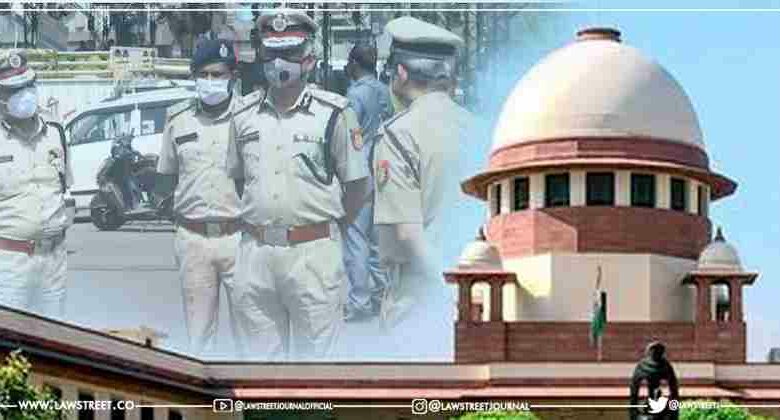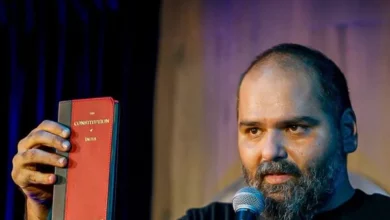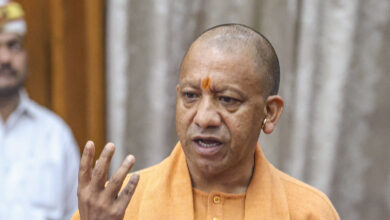
In a nutshell, it emphasized that the consequences arising from even such unforeseen and unexpected events do not imply that the physician involved has not acted with proper care and competence.
The Supreme Court reiterated that doctors cannot be held liable for negligence if surgery or treatment does not yield expected results.
This view of doctors’ immunity was reconfirmed if cogent evidence showed deviations from prevailing medical practices.
The court felt that a complication, however unpredictable, does not per se amount to a finding that the doctor acted without due care and diligence and, by necessary implication, without reasonable skill.
Simply because the patient has not responded favorably to the surgery or the treatment administered by a doctor or that the surgery has failed, the doctor cannot be held liable for medical negligence straightaway by applying the doctrine of ‘Res Ipsa Loquitur’ [Latin term meaning ‘the thing speaks for itself’] unless it is established by evidence that the doctor failed to exercise the due skill possessed by him in the discharge of his duties,” said a bench of justices PS Narasimha and Pankaj Mithal.
On these grounds, the bench ruled that a poor outcome should not be equated with negligence. The Supreme Court rejected the assumption, based on which a surgical failure or an unsatisfactory medical outcome automatically amounts to negligence.
The court said that the unpredictability of outcomes of specific medical procedures should not readily be concluded as malpractice.
A child suffering from congenital ptosis is a condition of having a drooping eyelid where surgery was undertaken that later culminated into complaints against it as an alleged negligence of medical procedure.



